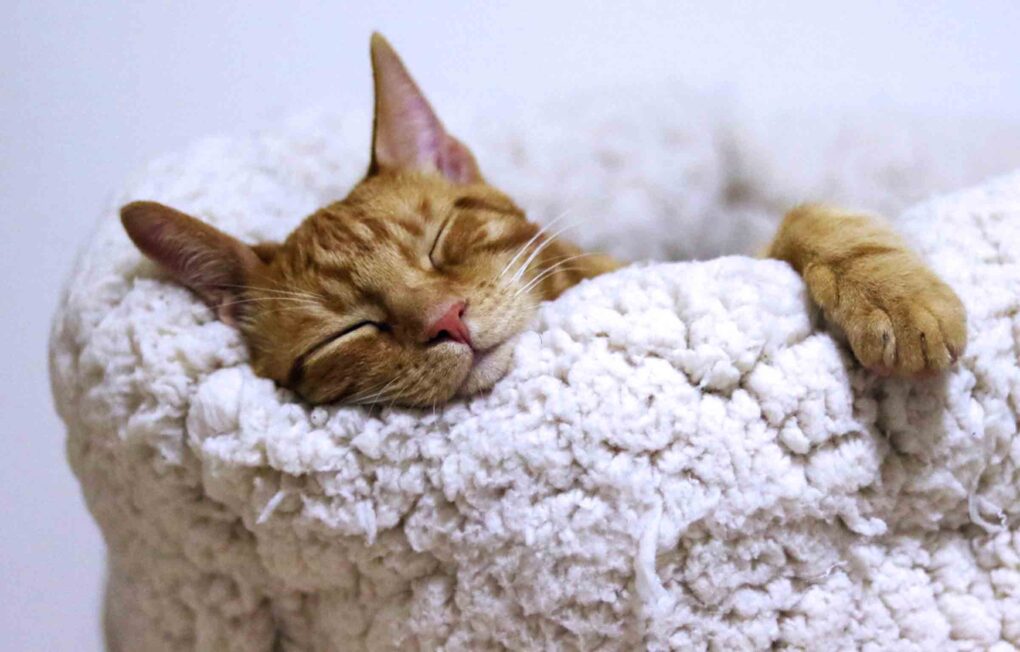Optimize your condo, co-op, or HOA unit for a warmer winter season.

Follow Us on Social Media:
When to Contact Management for Repairs or Heating Issues
- Report lack of heat to your property manager or superintendent, if heat is controlled by the entire building, or if heat is the responsibility of management.
- Request repairs on broken windows that can be bringing in a draft (this will depend on your ownership responsibilities, check your governing documents).
Note: If your building controls the heat for all units, heat may not be turned on until late fall or late spring. Buildings cannot quickly (or cost-effectively) switch from air conditioning to heat on a day-to-day basis. Therefore, heating or cooling a building or large area takes time, and this switch is done as a permanent one for the winter or summer. Homeowners, shareholders, and residents should expect extra bundling up or cooling off measures in the transitional months when a temperature spike or drop might take place.
How to Contact Einsidler Management, Inc.
Emergency Hotline (For Building, Home, or Community Emergencies Only)*: 1800.684.4055
Office (Non-Emergencies): 631.293.2997 / 718.233.1390
Online Contact Form
*Always call 911 first in the event of a life-threatening emergency*
Unsure Who to Contact in the Event of an Emergency?
See our Guide: Who to Contact In a Home or Building Emergency
13 Ways You Can Keep Your Home Warm This Winter
Making these small adjustments at home can help keep your home warm, and in some cases, even lower your heating bill:
- Caulk and seal around windows and doors (check alteration policies if you live in a co-op or condo).
- Open blinds during the day to let the sun in, and close them at night to keep heat inside your home.
- Reverse ceiling fan blades to help with the distribution of air.
- Check that your air vents and/or valves are in the open or on position. Sometimes a lack of heat is due to something as small as this!
- Consider weather stripping and/or insulating your windows (alteration policies may apply).
- Keep furniture away from heat sources. This is not only a fire hazard, but will also block heat from properly spreading throughout your home.
- Put your heater on a timer if applicable, but do not drop the temperature to less than 55 degrees Fahrenheit. Anything cooler can contribute to frozen pipes.
- Limit how many times you open the doors and windows when the weather forecast predicts cool weather or a snowstorm. Doing this will help prevent cool air from entering your home in the winter.
- NEVER use your oven as a source of heat. In addition to being an inefficient heat source, they are a fire hazard. Gas ovens can produce carbon monoxide, especially when used for long durations, which can lead to illness or death. Use a fan to properly ventilate your home of this toxic gas when cooking, especially with a gas oven.
- Invest in draft stoppers for your doors/windows. They come in different styles and materials, and can even add a bit of decorative flair to your home.
- If you get cold at night, swap out regular sheets for fleece or flannel. Additionally, trade your lightweight quilt or comforter for one containing down feathers or specialized material for added warmth.
- Place rugs on your bare floors to avoid a frigid late-night bathroom run! This will also help with insulating sound and noise in your apartment. Your neighbors (and toes) will thank you!
- Avoid using space heaters as they are a fire hazard and may even be prohibited in your co-op, condo, or HOA.
Optimize Your Home For A Warm Winter
Have a safe and warm winter season! By making some or all these changes, you can make the most of the cold months in your home.

